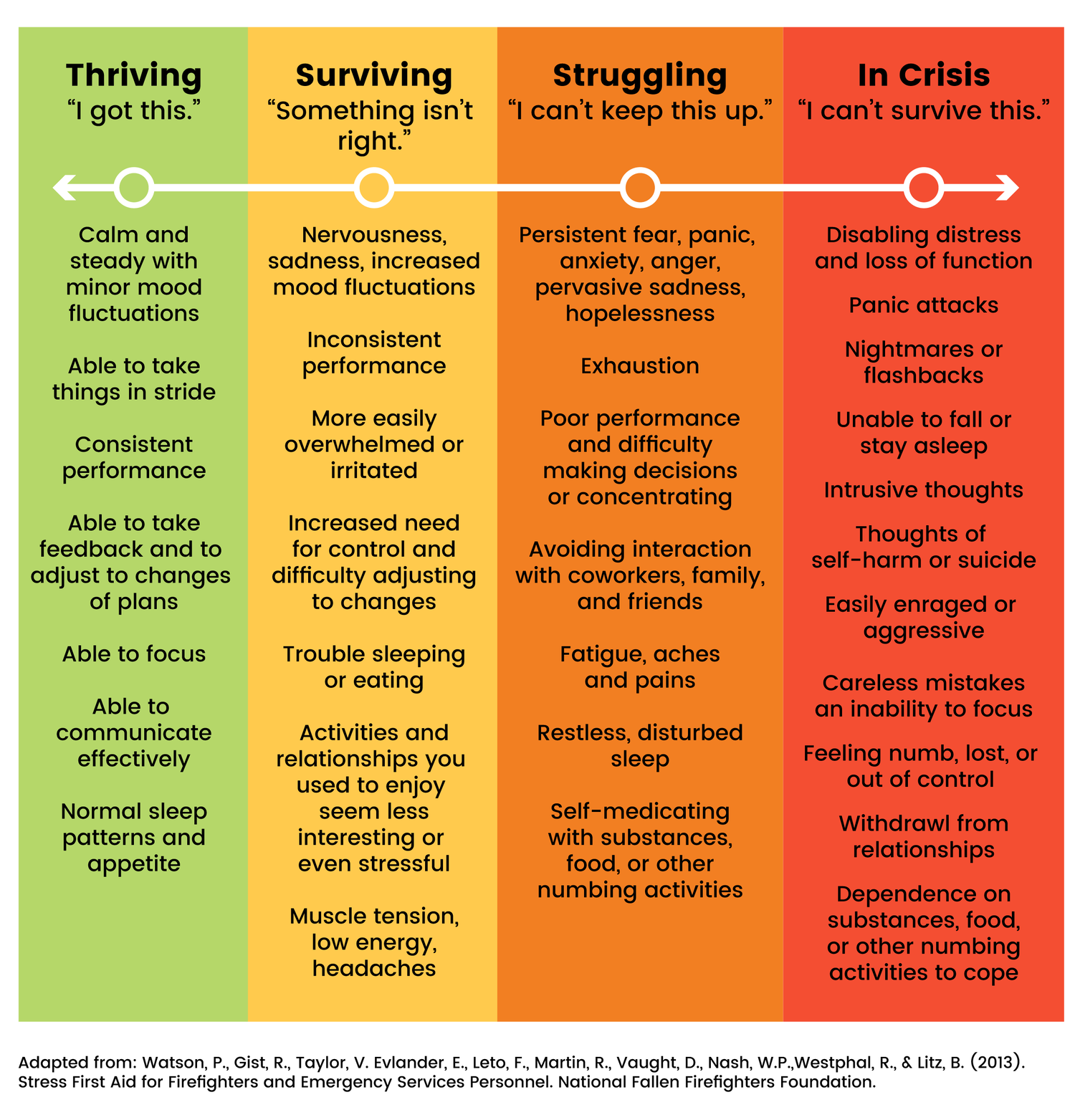New Online Therapy Group: Coping with Fear and Isolation During COVID-19During the COVID19 lockdowns, many people found that it was helpful to remind themselves that this was only temporary, that in a matter of weeks or months they would...

New Online Therapy Group: Coping with Fear and Isolation During COVID-19
During the COVID19 lockdowns, many people found that it was helpful to remind themselves that this was only temporary, that in a matter of weeks or months they would be able to see friends and family again. Sadly, this is not true for everyone. For example, those with chronic illness face far more uncertainty because they are at higher risk of death or serious complications should they contract COVID19. This in turn, puts them at much higher risk of anxiety and depression.
This is why weve designed a therapy group specifically for those at higher risk of death or serious complications due to COVID-19, to provide a supportive environment for them to connect with others and to learn evidence based psychological tools to help them cope with the isolation, anxiety, and depression that they are struggling with (you can email sonya@seattleanxiety.com to learn more about this group).
We've also launched a low-fee therapy program aimed at helping those who've lost their jobs due to COVID19 and others who wouldn't normally be able to afford the costs of therapy (you can email kate@seattleanxiety.com to learn more about this program).
Understanding the Impact
In any given year, nearly 18% of people in the United States experience an anxiety disorder.(1) Taking a physical toll, anxiety and mental health issues often manifest and present themselves as physical ailments, such as headaches, stomachaches and/or cognitive problems (such as difficulty concentrating) and can impact all facets of life.(2) Those with chronic illness face far greater stressors because they are at higher risk of morbidity or serious complications, should they contract COVID-19. Coupled with increased isolation while avoiding potential exposure to the Coronavirus, those with chronic illness are at much higher risk of anxiety and depression during this time.
Common signs of distress include:
Feelings of numbness, disbelief, anxiety or fear
Changes in appetite, energy, and activity levels
Difficulty concentrating
Difficulty sleeping or nightmares and upsetting thoughts and images
Physical reactions, such as headaches, body pains, stomach problems, and skin rashes
Worsening of chronic health problems
Anger or short-temper
Increased use of alcohol, tobacco, or other drugs(3)
Guilt
Sadness and grief
Helplessness
Surrealness
Increased worry and empathy for others(4)
During the ongoing COVID-19 pandemic, participants in Seattle Anxiety Specialists recent community survey reported a significant increase in stress, anxiety and worry. Primary points of concern comprised the health and safety of themselves, followed by that of their family and friends. Financial concerns were also prominently noted, with 35% reporting their employment situation had been negatively impacted by the pandemic. Overall, 45% reported their quality of life has been significantly impacted during this time.(5)
While anxiety disorders are highly treatable, on average, only one-third of those suffering from anxiety receive treatment.(6) Of the SAS study participants who indicated their quality of life has been negatively impacted during the pandemic, only 20% reported seeking therapy, with those in high-risk groups less-likely attending therapy.(7)
In the UK, psychiatrists are warning of a potential tsunami of mental illness from problems during the pandemic lockdown due to isolation and fears of getting sick and of hospitals. Professor Wendy Burn, President of the Royal College of Psychiatrists, noted that they are already seeing the devastating impact of the pandemic on mental health, with more people in crisis. A recent survey of 1,300 mental-health doctors from across the UK found that 43% have seen a rise in urgent cases, with 45% reporting routine appointments have decreased. With anxiety levels rising and the fear of getting sick hindering patients likelihood of seeking therapeutic assistance, many are dealing with increased suffering to the point that they seek help only when they are in absolute crisis and their suffering has reached a point of being unbearable.(8) By attending therapy sessions while anxiety levels are more manageable, patients can more-easily alleviate their symptoms before peaking at absolute crisis levels.
Telehealth sessions offer people in isolation the opportunity to connect with others and feel like theyre not alone in their struggles with anxiety, forming supportive bridges with others. Telepsychology has existed for over 20 years and has been utilized via phone, webcam, email and text messaging platforms. Smartphones have increased availability of assistance, with people now able to engage in telehealth sessions anywhere they have a phone or Wi-Fi signal. Lindsay Henderson, PsyD, assistant director of psychological services at a Boston-based telehealth company, has found that online platforms normalize mental health care, especially among generations who are so accustomed to interacting with people using technology. Henderson noted that teletherapy eliminates so many barriers and is a huge draw for consumers, many of whom are seeking therapy for the first time in their lives. Research studies have found videoconferencing telehealth sessions to be equivalent in efficacy as in-person care. Further, teletherapy can be used as a more-comfortable stepping stone for patients who are new, and perhaps hesitant or nervous, to therapy or counseling.(9)
Our new group
Seattle Anxiety Specialists therapist, Sonya Jendoubi, is well-versed in leading anxiety-based group-therapy sessions. She will be hosting a new group-therapy option at SAS, starting in June: Coping with Fear and Isolation During COVID-19. This group offers a supportive environment for individuals, particularly those who are immunocompromised and at higher risk of morbidity or serious complications due to COVID-19, to learn evidence-based psychological tools to help them cope with the isolation, anxiety and depression with which they are struggling. Sonya intends the group will, Learn skills of acceptance, resiliency and managing uncertainty during high levels of isolation. My hope is that participants will learn from and with one another.
Meeting weekly on Monday mornings, Sonyas Coping with Fear and Isolation During COVID-19 group-therapy will be online, welcoming patients with rolling admission. Since SAS research has found that traditional therapy may be too financially restrictive during the COVID-19 pandemic, group-therapy is particularly beneficial during this time, as sessions cost half of a one-on-one session with most insurance companies offering substantial out-of-network reimbursements lowering your out-of-pocket expenses, exponentially. Further, while traditional one-on-one sessions last 60 minutes at SAS (or 45-50 minutes at many other therapy offices), our group therapy sessions will run for 90 minutes each week, ensuring everyone in the group benefits from and gains the most possible during these therapeutic workshops.
If you are 18 or older and would like to attend Sonyas group sessions, please register here.
References
Understand the Facts Anxiety and Depression Association of America (2020) https://adaa.org/understanding-anxiety
Coronavirus Disease 2019 (COVID-19): Stress & Coping Centers for Disease Control and Prevention (2020) https://www.cdc.gov/coronavirus/2019-ncov/daily-life-coping/managing-stress-anxiety.html#risk
Emergency Preparedness and Response: Taking Care of Your Emotional Health Centers for Disease Control and Prevention (2020) https://emergency.cdc.gov/coping/selfcare.asp
Impact of Covid-19 on Stress in the Seattle Community Seattle Anxiety Specialists (2020) https://seattleanxiety.com/blog
Ibid.
Understand the Facts
Impact of Covid-19 on Stress in the Seattle Community
Psychiatrists Fear Tsunami of Mental Illness After Lockdown BBC (2020) https://www.bbc.com/news/health-52676981
A Growing Wave of Online Therapy American Psychological Association (2017) https://www.apa.org/monitor/2017/02/online-therapy












